IROS2024 Special Forum:
'Human-Avatars Symbiosis
- Can you imagine a future society where you can remotely control multiple avatars? -
Date
October 17th, 2024 9:00-12:00
Organizers
Norihiro Hagita (ATR, Japan)
Paolo Dario (SSSA, Italy)
Alberto Sanfeliu (UPC, Spain)
Hiroshi Ishiguro (Osaka University, Japan)
Yukiko Horikawa (ATR, Japan)
Abstract
Clarifying a vision for the future of autonomous robots and avatars is an inevitable and important step in our society. In this Forum we focus on AVATARS, that - in contrast to autonomous robots - are teleoperated. Our main scientific question is whether a single teleoperator can control dozens, and eventually thousands, of avatars simultaneously. Another scientific question is about the technical feasibility and acceptability of avatars in different forms and shapes. We realized during COVID19 that avatars would reduce wasted flights, contribute to the prevention of global warming and enable people to work in the office while raising children at home. Thus, avatar is effective in freeing people from the constraints of space and time. People with severe disabilities can have employment opportunities involving physical movement while staying at home by collaborating with others through avatars that can share physical experience. Experiments have also begun with avatars that use BMI (brain-machine interface) instead of hand and foot controls to walk around cyberspace as they wish, shop and remotely control a robotic arm. These avatars can provide an effective means for a variety of people wishing to free themselves from physical, perceptual and/or cognitive constraints. Grand challenges have also been initiated to realize health monitoring and ultraminimally invasive diagnostics in the future by distributing and co-ordinating multiple types of intravital multiple-avatars on the millimeter-, micro- and nanoscale and by teleoperating intracellular multiple-avatars in multiple bodies. In pursuing these grand challenges, there are institutional issues related to identity authentication such as fake videos, safety and security issues related to avatars being taken over by others, and ethical, economic, environmental, legal and social issues(E3LSI). The forum will focus on these grand challenges and cutting-edge research results of the JST Moonshot Goal 1 program in Japan, which is driving the above-mentioned challenging research and development of multiple avatars, called Cybernetic Avatars(CAs). It aims to realize a future society in which human beings can be free from limitations of body, brain, space and time by 2050. Participants can get hands-on experience with avatars in Japan and Dubai in Abu Dhabi by attending the two workshops in IROS2024, which are related to this forum, in advance. The invited talks presenting the latest results from these Grand Challenges, the panel discussion and the Q&A with the attendees will help everyone to imagine the future society of Human-Avatars Symbiosis.
Schedule
| Time | Session etc. | Talk | |
| 9:00-9:05 | Opening Remarks | 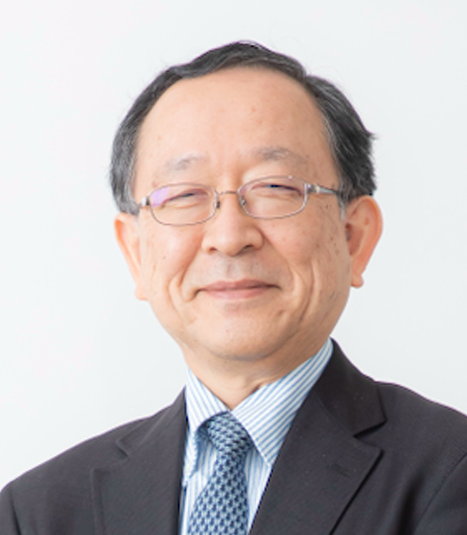 | Norihiro Hagita (ATR) |
| 9:05-9:15 | Keynote | 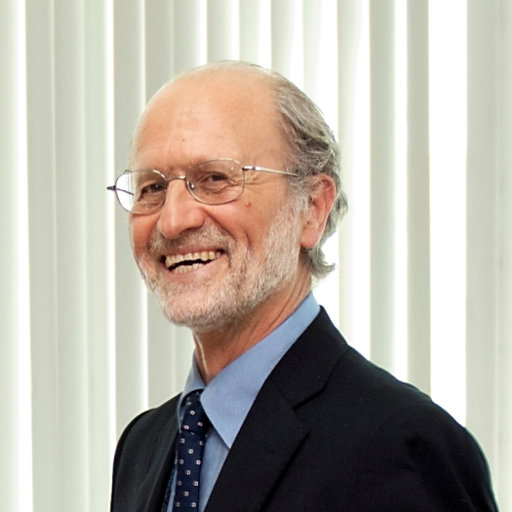 | Paolo Dario (SSSA) The Emerging Society of Humans, Robots, Avatars and A.I.: Opportunities and Risks. |
| 9:15-9:25 | Session 1: Invited Talk 1 |  | Sven Behnke (University of Bonn) Avatar Robots for Assistence in Everyday Environments: From Teleoperation to Autonomous Behavior. |
| 9:25-9:35 | Invited Talk 2 |  | Norihiro Hagita (ATR) Introduction to the grand challenge of multiple avatars in Moonshot Goal 1 Program - What is Cybernetis Avatar (CA) ? - |
| 9:35-9:50 | Invited Talk 3 | 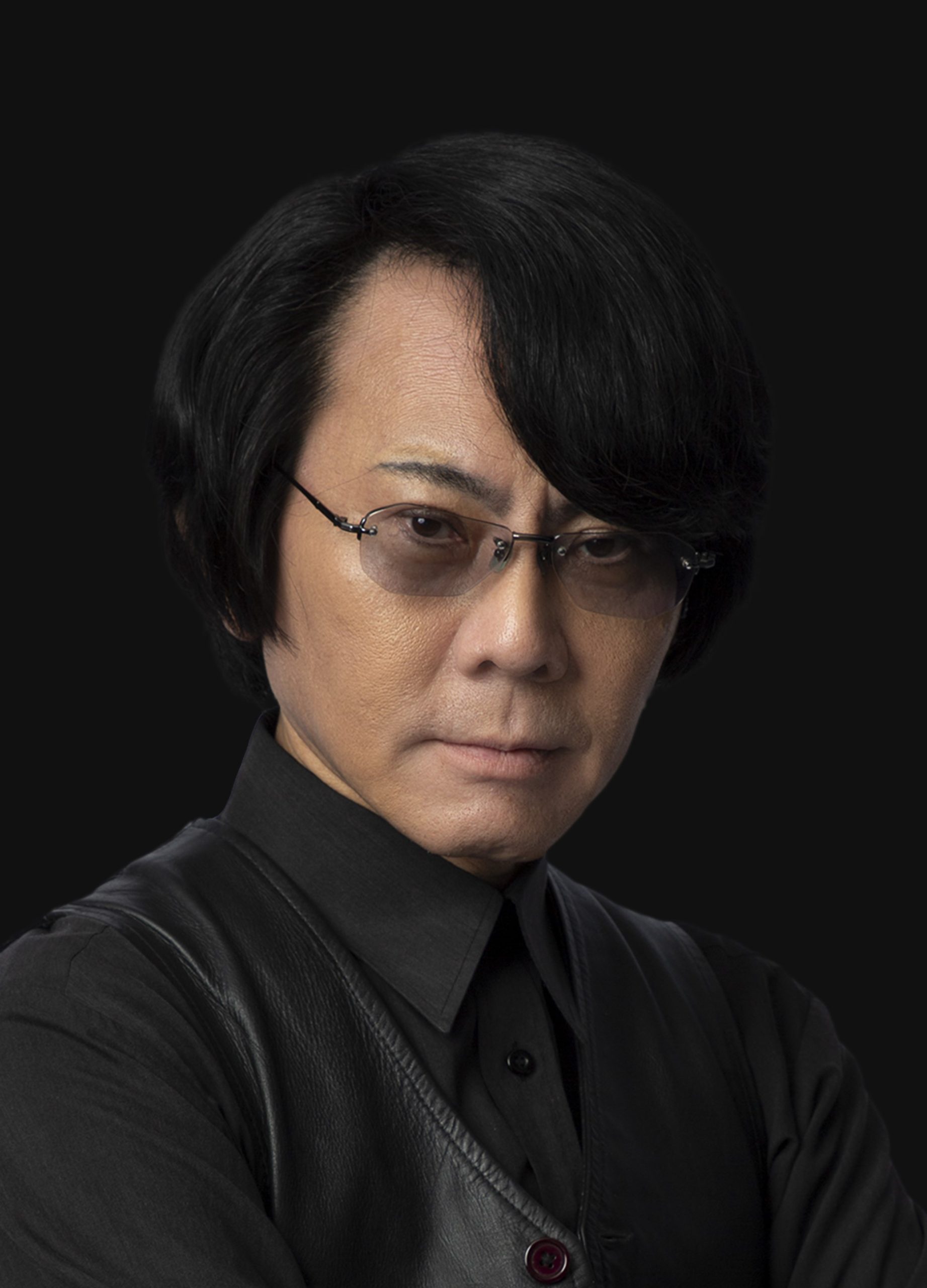 | Hiroshi Ishiguro (Osaka University) Realization of an Avatar-Symbiotic Society. |
| 9:50-10:00 | Invited Talk 4 | 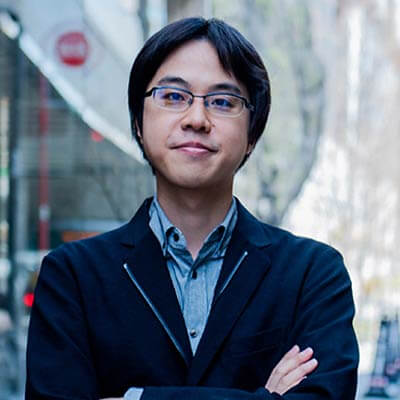 | Kouta Minamizawa (Keio University) Project Cybernetic being ― Bridging Divides with Cybernetic Avatars. |
| 10:00-10:10 | Invited Talk 5 | 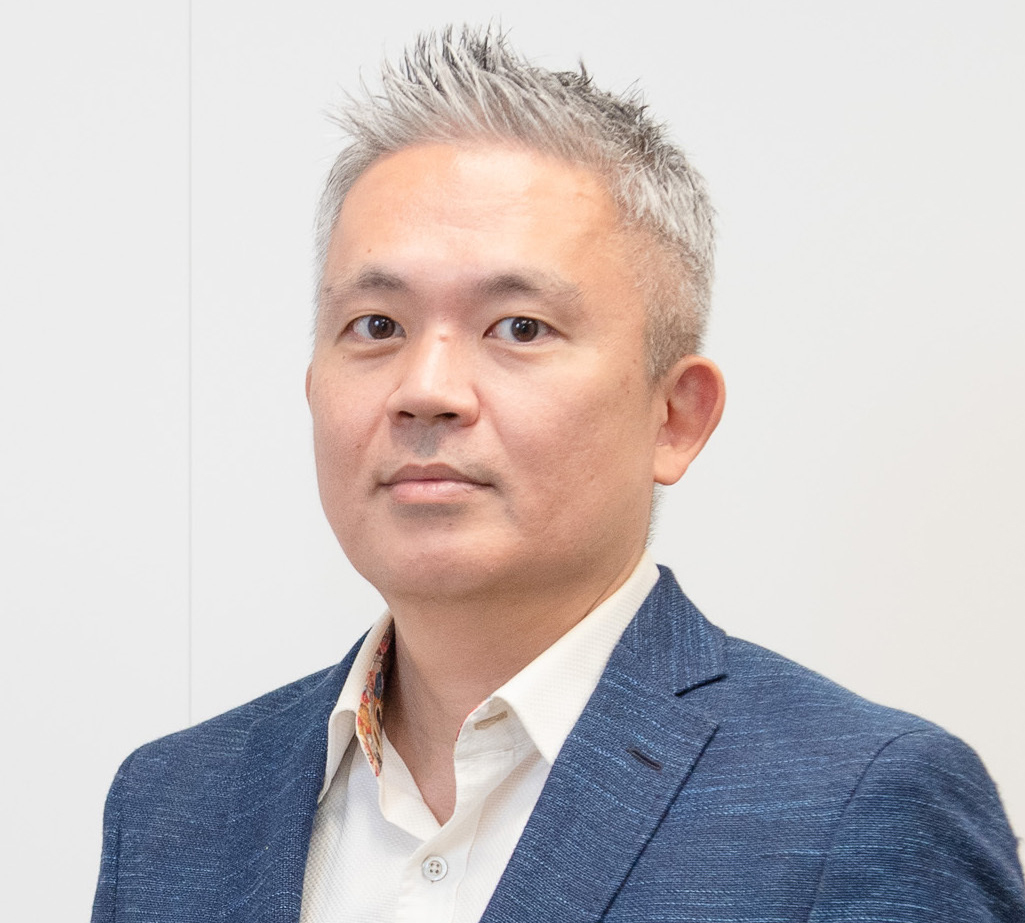 | Ryota Kanai (Araya inc.) Cybernetic Avatars that can free us from the constraints of brain. |
| 10:10-10:20 | Invited Talk 6 | 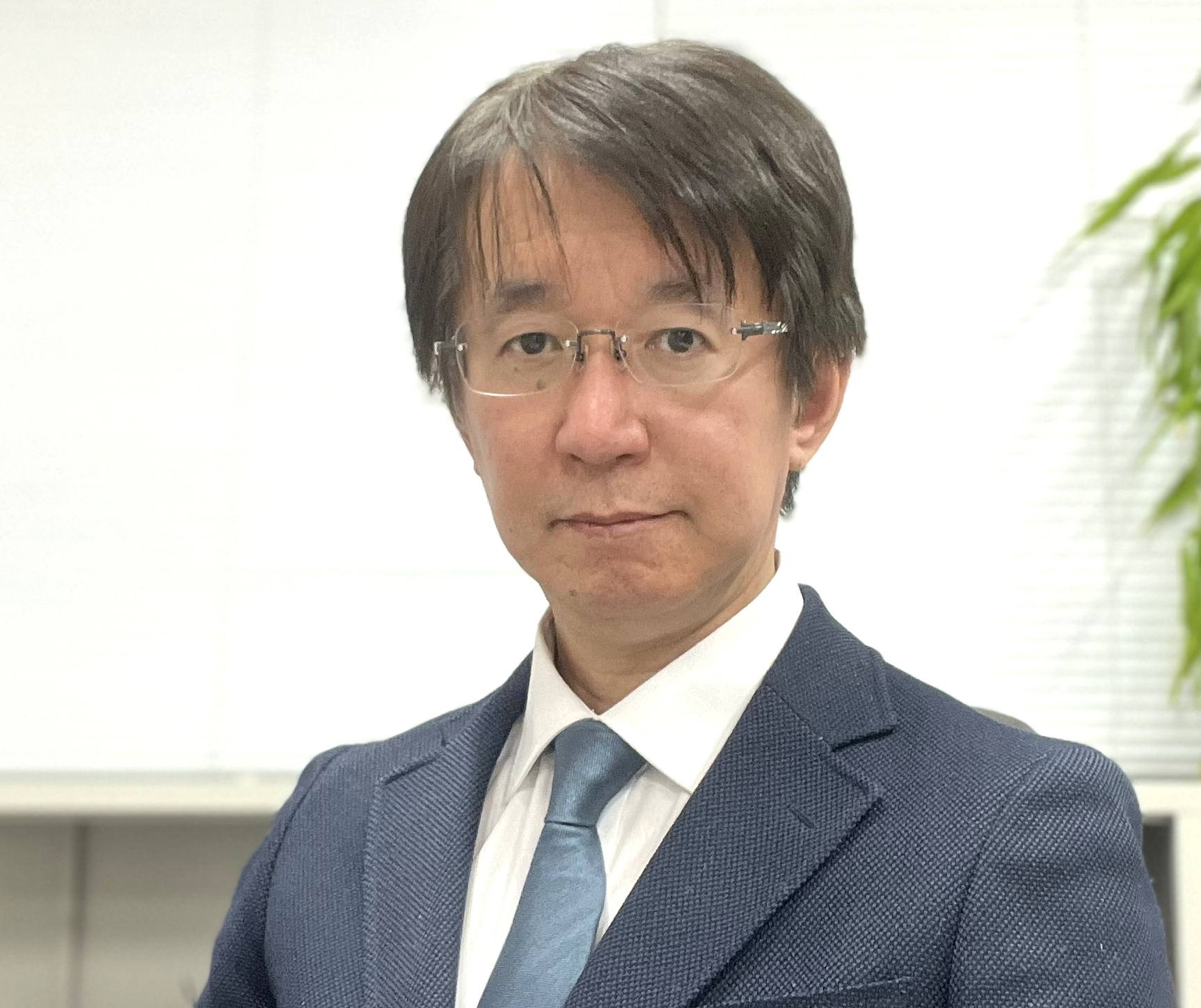 | Fumihito Arai (University of Tokyo) In-Body Cybernetic Avatars within body. |
| 10:20-10:30 | Invited Talk 7 | 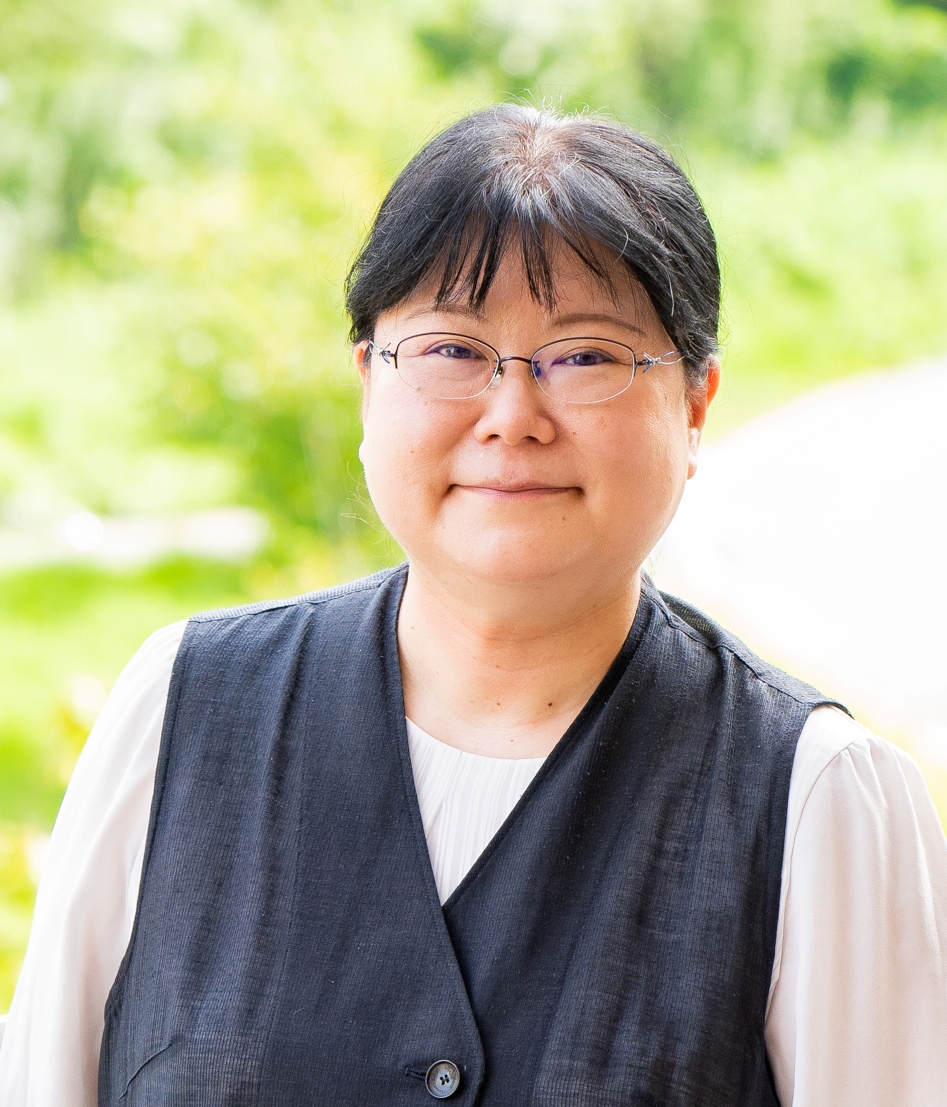 | Yoko Yamanishi (Kyusyu University) In-Body Cybernetic Avatars within Cells and cell-cell communication. |
| 10:30-11:00 | Coffee break | ||
| 11:00-11:50 | Session 2: Panel Discussion and Q & A | Moderator: Alberto Sanfeliu (UPC), Ms. Yukiko Horikawa (ATR) Panelists: Kumi Fujisawa (IISE), Kyoko Yoshinaga (Keio University), Yoko Yamanishi (Kyushu University) | |
| 11:50-12:00 | Closing Remarks | Paolo Dario and Norihiro Hagita |
At IROS 2024, we aim to introduce and discuss research and development focused on a new society with cybernetic avatars. We are planning to host another TWO workshops (14th AM:Future Society’s Dream and Fact) (14th PM: Ethical and Social Sustainability) at the same room #9 and this forum on 17th morning in conjunction. We encourage you to join all THREE events!
List of Invited Speakers and Panelists

Prof. Paolo Dario
Male, Italy,
Professor Emeritus, Scuola Superiore Sant’Anna (SSSA) and
Chief Scientist, Dubai Future Labs
Paolo Dario is Emeritus Professor of Biomedical Robotics at the Scuola Superiore Sant’Anna, Pisa, Italy. He has been and is professor and fellow at various universities and scientific institutions worldwide. Currently, he serves as Chief Scientist at Dubai Future Labs (DFL). His current research interests are in the field of bio-robotics, bionics, and companion robotics. He has coordinated many large national and European projects, and served in many EU Committees. He is an IEEE Life Fellow and the Founding Editor-in-Chief of the IEEE Transactions on Medical Robotics and Bionics. He served as President of the IEEE Robotics and Automation Society, chaired several IEEE Conferences and received several prizes and Awards, including the 2024 IEEE Technical Field Award for establishing and advancing Bionics and Biorobotics. His research accomplishments have led to the creation of several start-up companies, and to several practical applications in medical robotics and medical bionics.

Prof. Sven Behnke
Male, Germany,
Professor, University of Bonn

Prof. Norihiro Hagita
Male, Japan,
Program Director, JST Moonshot Goal 1 Program,
Director, ATR Norihiro Hagita Laboratory and
Professor, Osaka University of Arts
Norihiro Hagita received B.S., M.S., and Ph.D. degrees in electrical engineering from Keio University, Japan in 1976, 1978, and 1986. From 1978 to 2001, he was with the Nippon Telegraph and Telephone Corporation (NTT). He joined the Advanced Telecommunications Research Institute International (ATR) and established the ATR Media Information Science Laboratories in 2001 and the ATR Intelligent Robotics and Communication Laboratories in 2002, and has been serving as the Director, ATR Fellow, ATR Norihiro Hagita Laboratory, respectively. He is also a chair and professor at Art Science departments in Osaka University of Arts. From 2014 to 2022, he served as the research supervisor in the JST CREST research programs on intelligent information processing systems creating co-experience knowledge and wisdom with human-machine harmonious collaboration. He was a member of Science Council of Japan in 2017-2022. Since 2020, he has been serving as the program director in the JST moonshot goal 1 program on realization of a society in which human beings can be free from limitations of body, brain, space, and time by 2050.
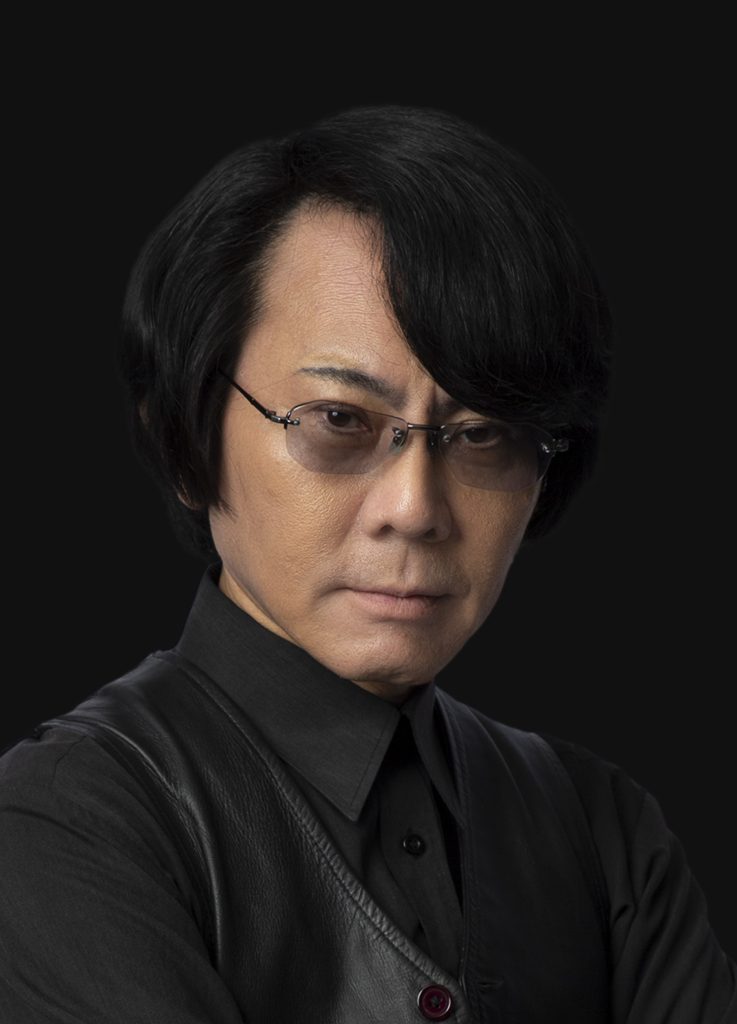
Prof. Hiroshi Ishiguro
Male, Japan,
Professor, Osaka University and
Project Manager, JST Moonshot Goal 1 Program
Hiroshi Ishiguro received a Ph. D. from Osaka University, Japan in 1991. He is currently Professor of Department of Systems Innovation at Osaka University, Visiting Director of Hiroshi Ishiguro Laboratories at the Advanced Telecommunications Research Institute (ATR), Project Manager of MOONSHOT R&D Project, Thematic Project Producer of EXPO 2025 Osaka, Kansai, Japan, and CEO of AVITA, Inc. His research interests are interactive robotics, avatar, and android science. Geminoid is an avatar android that is a copy of himself. In 2011, he won the Osaka Cultural Award. In 2015, he received the Prize for Science and Technology by the Minister of Education, Culture, Sports, Science and Technology. He was also awarded the Sheikh Mohammed Bin Rashid Al Maktoum Knowledge Award in Dubai in 2015. Tateisi Award in 2020, and honorary doctorate of Aarhus university in 2021.

Prof. Kouta Minamizawa,
Male, Japan,
Professor, Keio University and
Project Manager, JST Moonshot Goal 1 Program
After receiving his PhD. in Information Science and Technology from the University of Tokyo in 2010, he joined Keio University Graduate School of Media Design (KMD) and directs KMD Embodied Media Project, where conducts research and social deployment of embodied media that transfer, enhance, and create human experiences with digital technologies. His areas of research expertise include Haptics, Embodied Interaction, Virtual Reality and Telexistence. He also promotes activities on Haptic design, and Superhuman sports, also serves as a project manager of the Cybernetic being project under the Moonshot R&D program.

Dr. Ryota Kanai,
Male, Japan,
CEO, Araya Inc. and
Project Manager, JST Moonshot Goal 1 Program
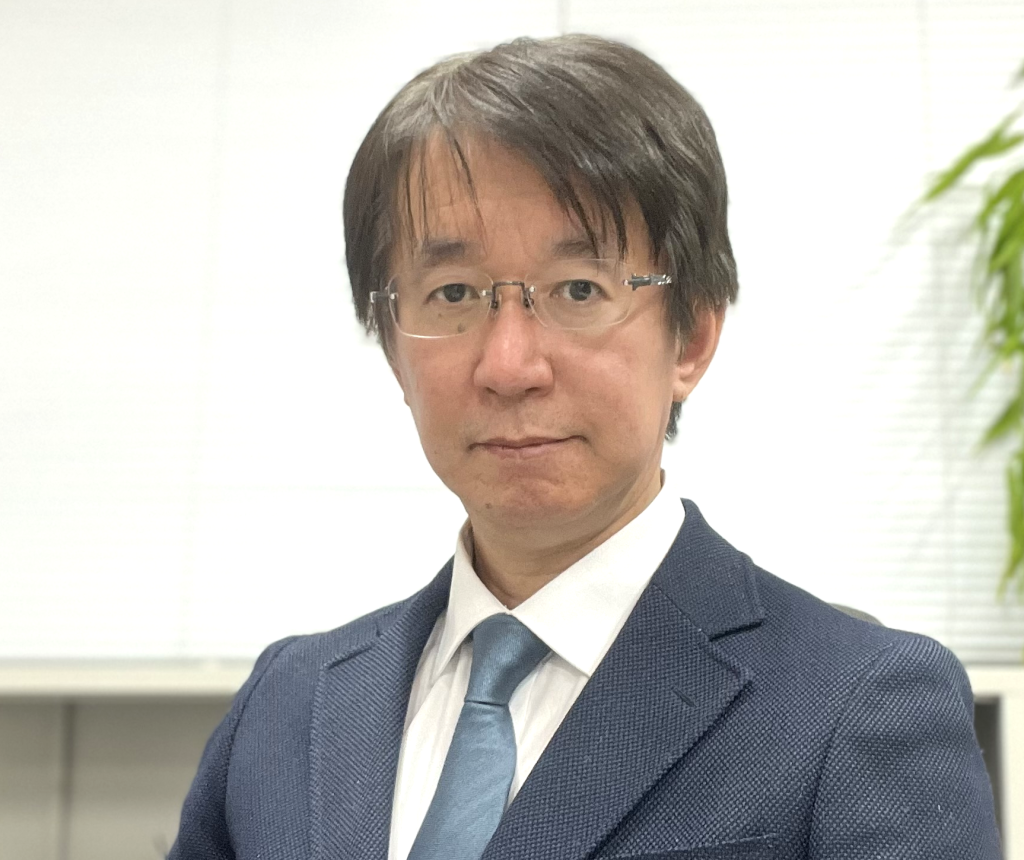
Prof. Fumihito Arai,
Male, Japan,
Professor, The University of Tokyo and
Project Manager, JST Moonshot Goal 1 Program
Fumihito Arai is a full Professor of the Department of Bioengineering, Department of Mechanical Engineering, at The University of Tokyo, Japan. He is mainly engaging in the research fields of bio-robotics, micro- and nano-robotics, micro- and nano-mechatoronics, MEMS, and Biomedical applications. He received a Doctor of Engineering degree from Nagoya University in 1993. Since 1998, he has been an Associate Professor at Nagoya University. Since 2005, he has been a Professor at Tohoku University. Since 2010, he has been a Professor at Nagoya University. Since 2020, he has been a Professor at the Department of Mechanical Engineering at The University of Tokyo. He was the Vice President of Technical Activities, at IEEE Robotics and Automation Society (RAS) (2014–2015) and (2016–2017). He is currently an Adcom member of RAS since 2022. He has been the Program Manager of the Moonshot R&D program on In-body Cybernetic Avatars since 2022.
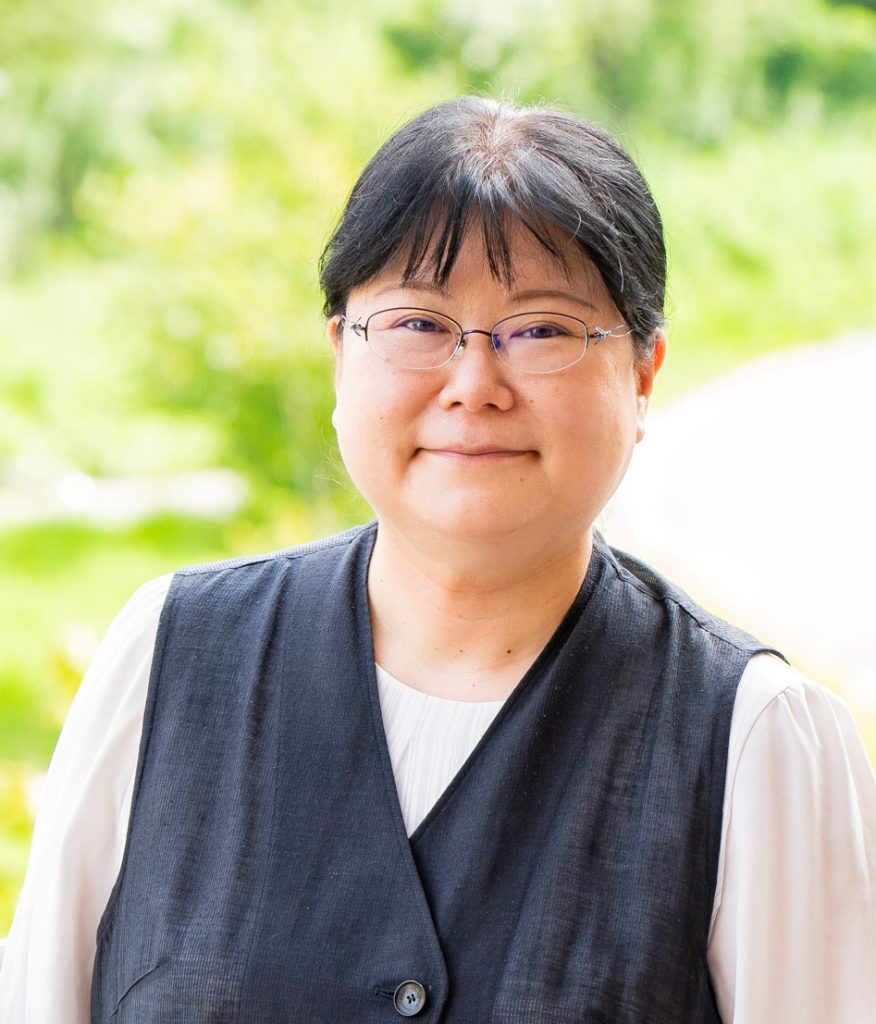
Prof. Yoko Yamanishi,
Female, Japan,
Professor, Kyushu University and
Project Manager, JST Moonshot Goal 1 Program
Yoko Yamanishi received the Ph.D. degree from Imperial College London in 2003. She became Assistant Professor of Dept. of Bioengineering and Robotics, Tohoku University in 2006-2009, mainly have engaged in the researches about Bio-medical Science and Engineering. She became Associate Professor of Dept. of Micro-Nano Systems Engineering of Nagoya University and also a member of PRESTO JST during 2010-2012, and have started her work of a needle-free bubble injector. She was Associate Professor of Dept. of Mechanical Engineering of Shibaura Institute of Technology during 2013-2015 and became a Professor in Kyushu University on 2016 (Dept. of Mechanical Engineering, Kyushu University) and is leading biomedical fluid engineering laboratory. She is also currently the Program Manager of moonshot Goal1(Creating A Society Whose Citizen’s Health is Monitored by Remote Control of Intracellular Cybernetic Avatars). Intracellular Cybernetic Avatar (hereinafter referred to as intracellular CA) technology will allow individuals to improve the state of their bodies by external remote control of intracellular CA constructed of nanometer-scale artificial and natural biomolecules. Remote control of the avatars is expected to keep people’s bodies in good condition at a cellular level using micrometer-scale cell-cell interactions.
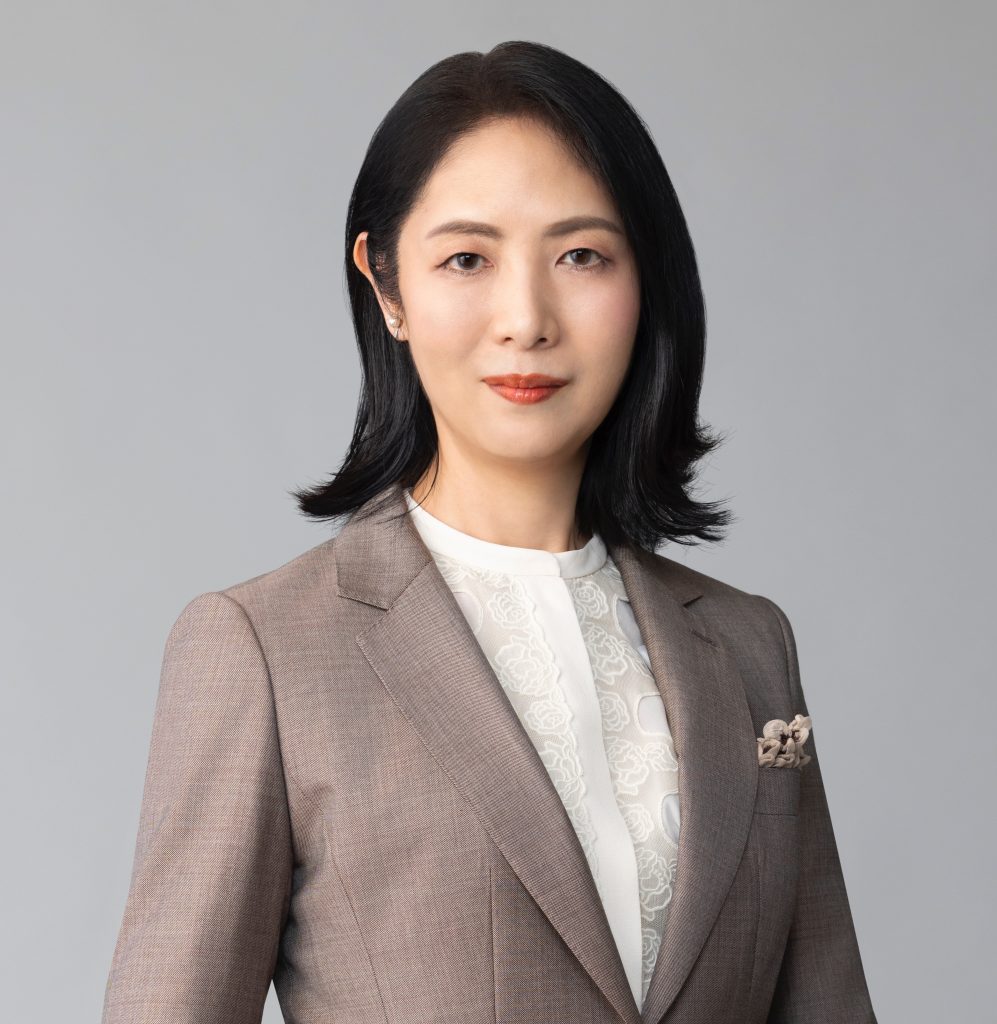
Ms. Kumi Fujisawa,
Female, Japan,
Chairperson, Institute for International Soio-Economic Studies
Kumi Fujisawa is the Chairperson of the Institute for International Socio-Economic Studies (IISE), the independent think tank of NEC. She serves on the boards of various companies and associations, including The Shizuoka Financial Group, CellSource Co., Ltd., Toyota Motor Corporation, and the Japan Dealers Association. Formerly one of Japan's youngest female entrepreneurs in the financial sector, her company was acquired by Standard & Poor's. She then founded SophiaBank, expanding her influence across multiple sectors. She is also a director and advisor to several companies, governors, mayors, and CEOs. With over twenty books published, she leads numerous projects across public, private, business, sports, and cultural domains, focusing on socio incubation and transforming knowledge paradigms.
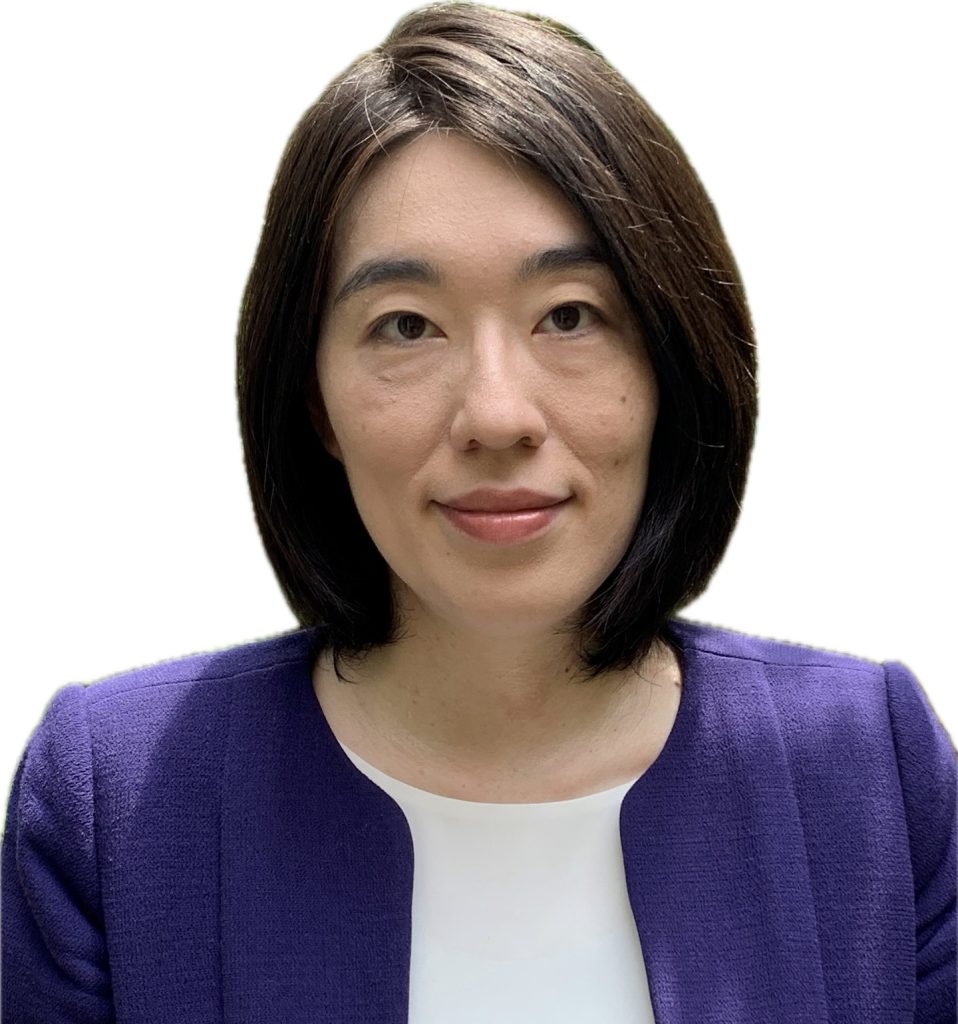
Prof. Kyoko Yoshinaga,
Female, Japan,
Project Associate Professor, Institute for Technology Law & Policy, Keio University
Kyoko Yoshinaga is a Project Associate Professor, Graduate School of Media and Governance, Keio University and a Non-Resident Fellow at Georgetown Law’s Institute for Technology Law and Policy. She was a researcher at Mitsubishi Research Institute assisting Japanese government ministries in policy and rulemaking in the areas of Information Communication Technologies and cybersecurity for over 15 years, and for the last few years, she was in charge of compliance and risk management in the AI development division. She is the first Japanese member to become a Visiting Fellow at Yale Law’s Information Society Project (2010-11) and a Non-Resident Fellow at Georgetown Law’s Institute for Technology Law & Policy (2020-). Kyoko has been an Expert at GPAI (Global Partnership on Artificial Intelligence) since 2023. In Japan, she has contributed to making “AI Guidelines for Business 1.0” as a member of METI’s Expert Committee. She also serves as an external expert of the AI Ethics Committee in several AI development companies. From October 2023, she has been engaging in Japan’s national project “Moonshot R&D Program- Goal 1” (PD: Prof. Norihiro Hagita) promoted by Japan Science and Technology Agency, especially focusing on the ethical, legal and social issues of cybernetic avatars in a project led by Prof. Fumio Shimpo.
